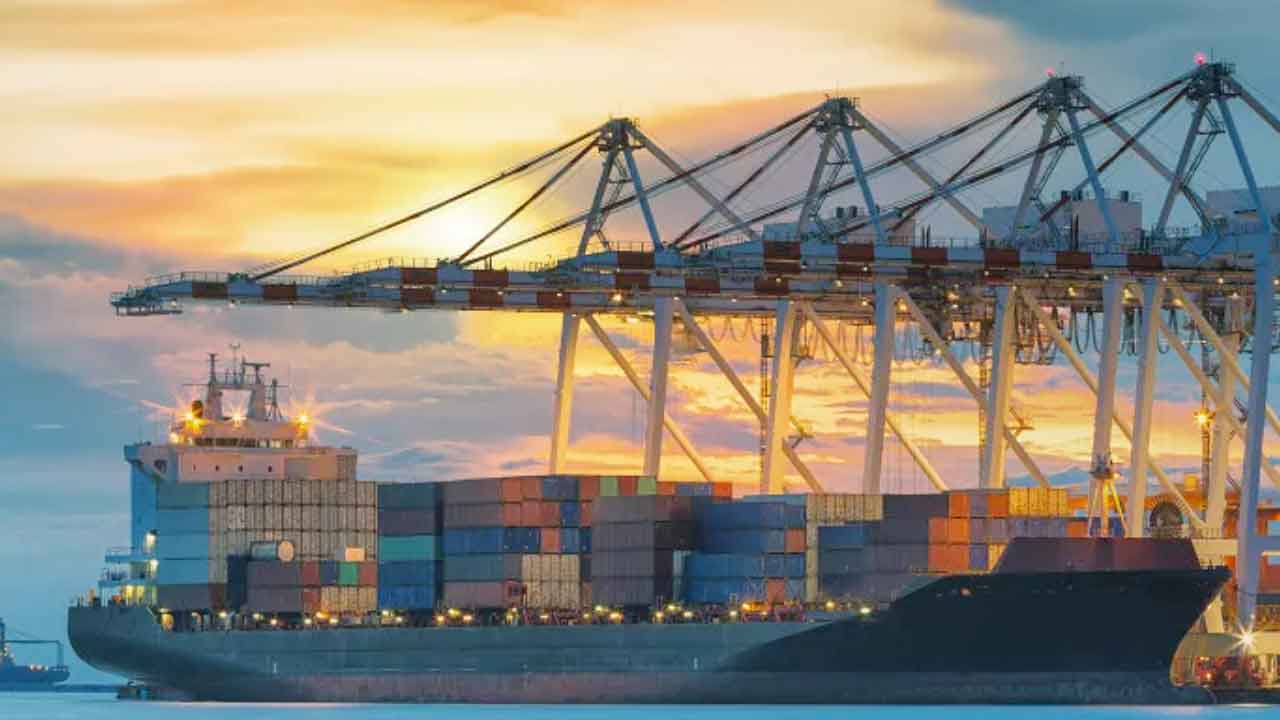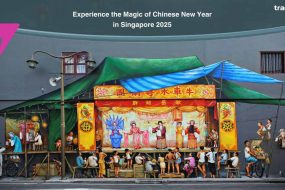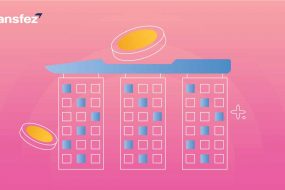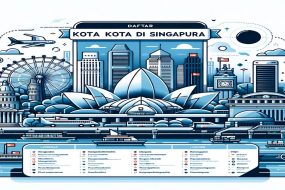
Talking about Singapore Commodity Exchange will refer to many conditions and terms. Therefore, it is necessary to get a brief overview related to this thing. Most Singaporeans might not familiar with the specific details of the exchange. While this exchange is one of the interesting investments to perform in Singapore.
To help give information related to the history and the background, the paragraphs below will inform some preliminary briefs. Those who want to trade in Singapore and specifically choose certain commodities, read the following paragraphs first. So that in the end can help to provide a proper decision in terms of exchange trade.
See also another Singapore Articles from Transfez
Top Singapore Culture Shock for Expatriates
Top Reasons Why Singapore Expats Love The Country
Overview of Singapore Property
All You Need to Know About Singapore Education
Expat Health Insurance in Singapore
6 Main Tax Tips for Expat in Singapore
The Best 10 Singapore Technology Companies
Top Three Singapore Technology University to Study With
Singapore Culture and Traditions

About Singapore Commodity Exchange
The first interesting information is to know about the termination of the Singapore Commodity Exchange. It is necessary to understand that there are two commodity exchanges in Singapore. The first commodity is rubber and other agricultural commodities. Those are traded on SICOM.
SICOM is the abbreviation of the Singapore Commodity Exchange. SICOM was formerly known as the Rubber Association of Singapore Commodity Exchange until 1994. It is a centralized, regulated market in Singapore for trading commodity futures. In 1994, it underwent a name change from RAS Commodity Exchange. It is the organization that succeeded the Rubber Association of Singapore after its privatization and began trading rubber futures in the 1920s.
Compared to SICOM, the Singapore Mercantile Exchange (SMX) trades a greater variety of commodities, including precious and base metals, agricultural products, energy, and foreign exchange. Therefore, to perform this trade, it shall refer to the suitable traders in Singapore.
History of Singapore Commodity Exchange
On December 1, 1999, the holding company that runs Singapore Commodity Exchange was established. It bought the assets of three preceding exchanges:
• Stock Exchange of Singapore (SES)
• Singapore International Monetary Exchange (Simex)
• Securities Clearing and Computer Services Pte Ltd (SCCS)
Shares in the new company known as Singapore Exchange Limited were distributed to each of these exchanges. Singapore Commodity Exchange issued its shares for trading on its market on November 23, 2000. By using a public offering and private placement to list its shares, it became the second exchange in the Asia Pacific.
There are two categories of firms listed on the Singapore Commodity Exchange. Those listed on the Mainboard and those listed on the NASDAQ. A company must meet certain criteria set forth by Singapore Commodity Exchange to be listed on the mainboard, however, there are no additional requirements for NASDAQ listings.
After an in-depth examination of alternative market formats and public consultation in May 2007, the SESDAQ was replaced by the Catalyst on November 26, 2007. To convey the idea that the Catalyst board may be utilized as a catalyst to spur growth upon listing, the phrases “Catalyst” and “List” were combined to form the word “Catalyst.”
See Video How To Easily Send Money International with Transfez

Invest in Singapore
China is wrongly hailed as having the fastest-growing economy in the world. India and Singapore both appear to be on track to pass it soon. Singapore is already advancing faster than the rest of the world. 2010’s first half had a 17.9% increase in GDP. The finance and services sectors are responsible for more than 70% of this development.
One of Asia’s busiest ports is Singapore. It is positioned to grow to be Asia’s largest maritime hub because of its proximity to the Straits of Malacca, a crucial commerce route. The Straits, which connect China, South Korea, India, and Japan’s major economies, were named for the emperor Melaka of the fifteenth century.
Regulation of Singapore Commodity Exchange
Singapore commodity exchange serves as a self-regulatory body in its capacity as the regulatory authority for the exchanges and clearinghouses it manages (SRO). SGX also collaborates closely with the following three external organizations that have regulatory authority over the securities sector:
• Financial institutions in Singapore, including banks, insurers, capital market intermediaries, financial advisors, and the stock exchange.
• The Commercial Affairs Department (CAD) is a division of the Singapore police force that assists in implementing the framework for the country.
• Public accountants, business entities, and corporate service providers.
Many regulations will be moved to the Listing Rules. Independent directors are required to make up at least one-third of the board. The percentage of shares required to evaluate a director’s independence has been reduced from 10% to 5%.
A director loses their independence if they or any member of their immediate family owns 5% or more of the company. If the chairman and CEO are immediate family members, their relationships must be stated. The appointment of independent directors who have served longer than nine years will be subject to an annual vote that requires approval from a majority of all shareholders.
Those are some information about Singapore Commodity Exchange. Through the information above, hopefully, it is clear how to trade in the country. Including the explanation of various commodities in Singapore that can be changed properly.
Download Transfez App
Transfez App can help you transfer money abroad more quickly and efficiently. Transfez Business can also help your business in making transactions abroad. For those of you who want to send money to relatives who are abroad because they are studying, working, or traveling, Transfez will be ready to help. This app is available on Android as well as iOS.
The information also benefits to help those who want to trade for the first time. Mainly trade in the proper platform such as Singapore Commodity Exchange. Choosing a suitable commodity to sell will need sufficient knowledge. Starting from the explanation informed above.










Recent Comments